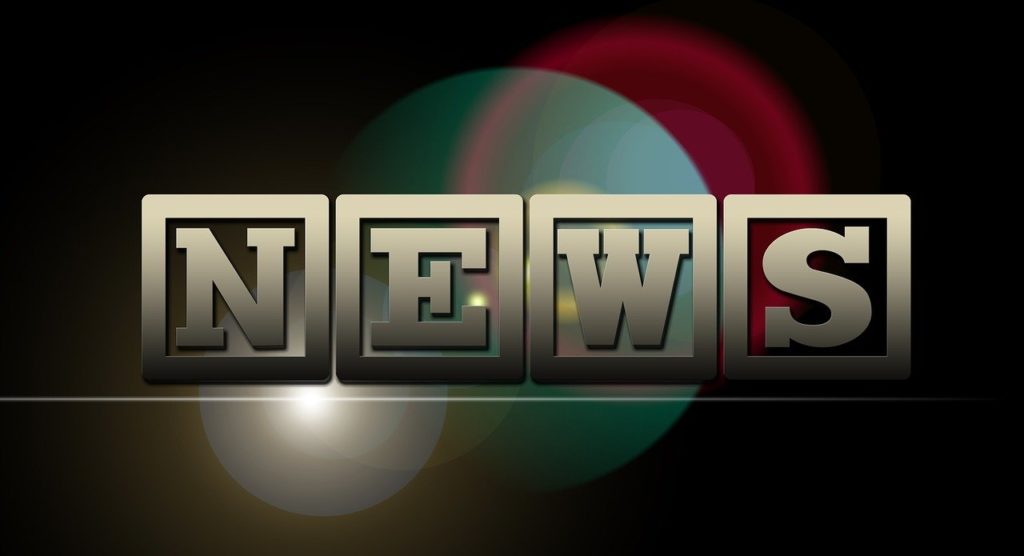American News Sources Posted by Gary Locke on Nov 5, 2020 in Culture, News
With everything that’s happening in the United States and the rest of the world, nothing matters more than dependable news sources. We have learned to expect misinformation and alternative facts on our social media platforms. But what about newspapers, television, radio, and magazines? Who do Americans trust to provide them with unbiased reporting? I wish the answers were easy.
Tabloid Journalism
Let’s begin by acknowledging that every media source has its detractors and critics. Sometimes it can be very difficult to know when editorial or opinionated reporting ends and proper news coverage begins. Many Americans have grown to distrust what is commonly referred to as the mainstream media. Similarly, many so-called news outlets are really just platforms for sensational rumors, conspiracy theories, and traditional tabloid journalism.
Tabloid journalism gets its name from the typical size of the newspaper that printed gossip and wild stories with outlandish claims, like a politician having a love affair with an alien from another planet. These newspapers were reduced in size to appeal to people who commuted to work in crowded buses and trains. They also couldn’t afford the finest journalists, so they printed stories by writers with vivid imaginations and little regard for the truth. The practice of getting several reliable sources to verify a story before it would be printed has never applied to tabloids. If you wanted to ruin someone’s reputation, all you had to do was spread a rumor about them to a tabloid columnist.
Today, digital media takes all forms. Tabloids exist in newspaper formats, magazines, and websites. The content and ethics haven’t changed much from the days of what came to be known as rag newspapers. Tabloids often pay for their stories and take political sides. In a practice called catch and kill, tabloids will pay for exclusive rights to a story then never publish the story to save the reputation of a friend or benefactor.
Talk and Shock
Talk radio can be a form of tabloid journalism. Talk radio format is almost exclusively a discussion about topical issues. It is often loaded with opinion from one or more hosts who hold conversations with guests and listeners who call into the show. These call-in listeners distinguish talk radio from podcasts, which are seldom produced to air live.
Talk radio may give news updates, but listeners should be wary of the information they are hearing, since the opinion of the host or hosts may influence, or slant, the news. There are respectable talk shows on National Public Radio and on streaming services such as SiriusXM and elsewhere, but much of talk radio is for the entertainment of a very specific demographic, or segment of the population.
Mainstream Media
Traditional journalists, who try to be unbiased and fair-minded in their reporting are called the mainstream media. These are established broadcast and publishing services, sometimes called the mass media. These sources are largely responsible for the information which informs and influences US society, reflecting and shaping prevailing thoughts and opinions. While the editorial positions of these news outlets almost certainly have political and socioeconomic leanings, their news-gathering and reporting methods aim to be respectful of the facts. Nevertheless, they are always open to criticism.
Some larger city newspapers now have streamlined their news staff. Many now rely on wire services and a couple of the largest newspapers for much of their content. This has reduced the balance of reporting and there are far fewer individuals doing the important journalistic tasks than in the past. Nevertheless, there is still much to be said about the integrity of news journalists.
Here are the major national news sources in the United States, and their methods of distribution.
Newspapers
- The New York Times
- The Washington Post
- USA Today
- The Wall Street Journal
- The Guardian
Television Networks
- ABC News
- CBS News
- NBC News
- CNN
- C-Span
- PBS News
- Fox News Channel*
- MSNBC*
(Networks with an asterisk have demonstrated significant political bias.)
News Agencies
- Associated Press
- United Press International
Online
- Bloomberg News
- Axios
- Huff Post
- Vice News
Radio
- NPR (National Public Radio)
- PRI (Public Radio International)
What are your opinions on these news sources? Should I have included others? Please feel free to add to the discussion in the comments box.

Build vocabulary, practice pronunciation, and more with Transparent Language Online. Available anytime, anywhere, on any device.




